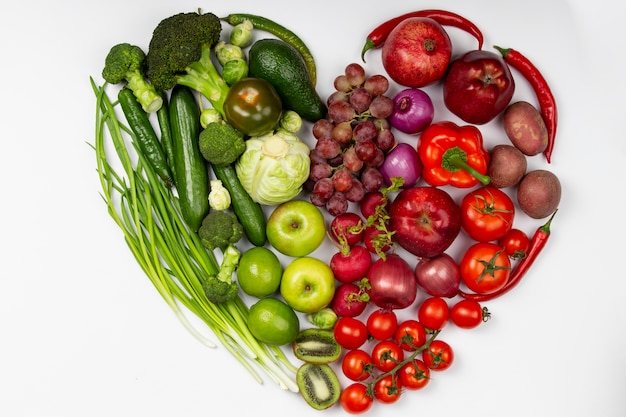
Did you try Veganuary this year? Are you considering going vegan or eating more plant-based? Dr. Gemma Newman has some useful advice.
With so many diets out there—low fat, high fat, low carb, high carb, vegan, paleo, keto—it’s hard to keep track. But do any of them actually work? And if they do, which one is the best?
Veganuary is gaining popularity. In 2018, 170,000 people signed up, showing a 183% increase over 2017. Last year, over 250,000 people participated, and the numbers are likely even higher this year.
But is a vegan diet healthy? How is it different from other diets that promise to improve our health? There’s been a lot of confusion about nutrition, often fueled by media, food companies, and even health professionals.
However, few people can dispute the benefits of eating plenty of fruits and vegetables, and avoiding processed meats, sugary snacks, drinks, white flour, and white bread. Eating a diet rich in whole, unprocessed foods is generally seen as superior.
Many people, when unsure about what’s healthy, stick to the “everything in moderation” approach. Yet, we wouldn’t tell smokers to smoke in moderation, so why would we do the same with unhealthy foods like sugary drinks and processed meats? The World Health Organization has classified processed meats as a class 1 carcinogen, meaning they are a known cause of cancer.
Dr. David Katz and top nutrition scientists around the world agree that a diet filled with vegetables, fruits, beans, nuts, seeds, whole grains, and water is essential for good health. If you compare a paleo diet to a whole food, plant-based diet, they have more in common with each other than with a typical Western diet.
When it comes to heart health, the whole food plant-based diet is especially notable. It’s the only diet that has been proven to reverse coronary artery blockages within weeks, as demonstrated by studies like the Lifestyle Heart Trial and the Mount Abu Heart Trial. Since heart disease is our leading cause of death, it makes sense to consider a primarily plant-based diet.
Switching to a plant-based diet might seem tough for those used to a Western diet. But don’t worry—Dr. Newman has some tips to help make the transition easier. If you want to start eating more plant-based meals and aren’t sure where to begin, here are a few cookbook recommendations:
– “So Vegan in 5” by Roxy Pope and Ben Pook features over 100 easy recipes with just five ingredients.
– “BOSH!” by Henry Firth & Ian Theasby includes more than 80 healthy vegan recipes.
Starting your plant-based journey can also be as simple as modifying your favorites. Turn a chicken curry into a chickpea curry or a beef Bolognese into a lentil Bolognese. Gradually experiment with new flavors and make breakfast and lunch plant-based a few times a week.
Transitioning to a whole food plant-based diet can yield benefits within two to three weeks, although you might initially experience some bloating as your gut adjusts.
Both the American Dietetic Association and the British Dietetic Association support well-planned plant-based diets, stating they can sustain healthy living for all ages and may help prevent diseases like heart disease and cancer. These diets are also linked to a lower risk of chronic respiratory disorders, allergies, and recurring infections in children.
The British Dietetic Association’s Blue Dot Campaign emphasizes the importance of dietitians providing plant-based diet advice. Our Western diets are often lacking essential nutrients due to degraded soil and heavy pesticide use, leading to deficiencies in nutrients like magnesium, folate, and fiber.
A well-planned plant-based diet is nutrient-dense, especially if it follows the “nutritarian approach,” which focuses on nutrient-rich foods. However, there are some supplements you should consider:
– Vitamin B12: Essential for anyone fully plant-based as it’s hard to get from non-animal sources. Adults need about 1.5mcg daily, but higher supplements, like 10mcg daily or 2000mcg weekly, are recommended.
– Vitamin D: Depending on your sunlight exposure, aim for at least 1000iu daily or 2000iu if you tend to run low.
– EPA/DHA: These omega-3 fatty acids from algae support heart health without the toxins found in fish.
Incorporate one to two tablespoons of milled flaxseed daily for added benefits.
Dr. Gemma Newman has 15 years of experience in medicine, focusing on various specialties including elderly care, paediatrics, general surgery, and general practice. She advocates for a plant-based diet for its numerous health benefits.

